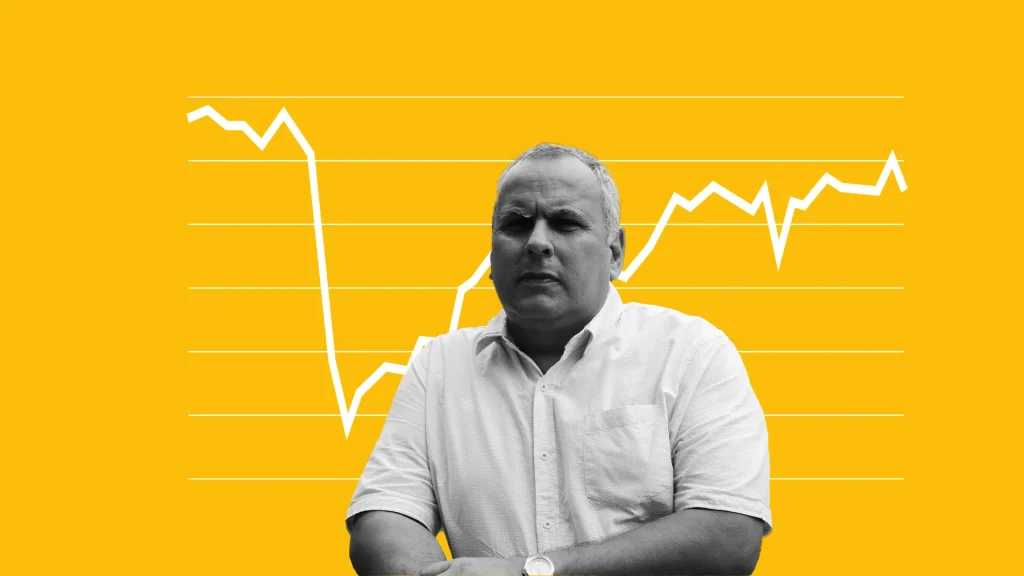Six questions to economist Omar Everleny

HAVANA TIMES – The new measures recently announced at the National Assembly’s ordinary July session raised numerous doubts and even alarms among private entrepreneurs and the public. It is still too early to assess their impact. However, to clarify doubts and analyze their possible effects, Joven Cuba consulted economist Omar Everleny, a PhD in Economics from the University of Havana, researcher, columnist, and visiting professor at Harvard, Columbia, Carleton, and Sorbonne universities.
1. What is your general assessment of the announced measures?
The announced measures carry a high level of voluntarism because laws, decrees, guidelines, etc., are approved every year, and the results are not seen. In my view, the necessary measures to carry out the structural changes the country needs, which would lead to an increase in the production of goods, especially food, among others, are not present. It’s a lot of rhetoric, with desires, but the economy works with positive numbers, not negative ones. By this, I mean the economy has shrunk, the fiscal deficit is high, there is inflation, a shortage of basic products, and transportation has not improved. So, when will these indicators change?
2. One of the measures is aimed at charging import taxes in foreign currency to private businesses. The main concerns of people are that this will contribute to scarcity and price increases. What do you think about this?
It’s very true what is being said about this measure. If you increase a new expense, private businesses will recover that expense by increasing the final price of the merchandise they have paid for. It should not be forgotten that the foreign currency they will pay at customs was already bought on the informal market at a certain rate [over 300 to 1 USD], which is not 1 to 120 [the official rate, but the government has no dollars to sell].
3. Among the financial measures are the elimination of dollar accounts for several state entities and the authorization to accept foreign currency cash in certain sectors and activities such as tourism. There is talk of a “partial dollarization” of the economy, but at the same time, it is said that the State is not in a position to establish a formal exchange market. What do you think about this? How does the absence of a formal exchange market affect the success of the rest of the measures? Is it possible to successfully implement partial dollarization under these conditions? What would you recommend?
We already had partial dollarization


